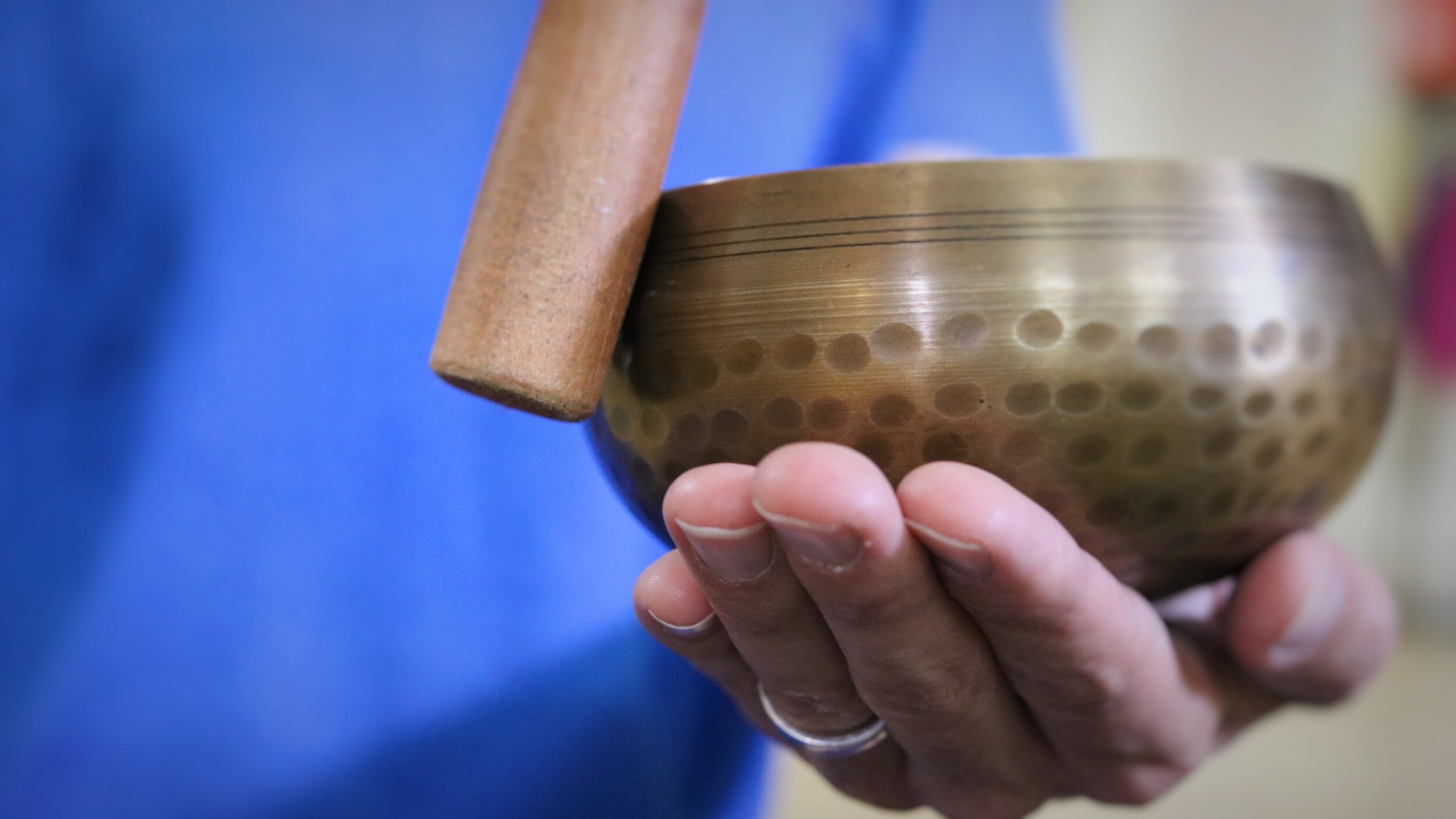As a child with ADHD I found it almost impossible to still (let alone be quiet) for more than a few seconds. So, meditation was not something that I felt would be right for me. More than that I couldn’t understand why anybody would want to do it. Why would you choose to sit still, doing ‘nothing’?
And yet… now I find myself with a meditation practice that I do every morning and attending regular Dru Meditation classes with an inspiring teacher (thank you Janey). I even recently completing my training to qualify as a Traditional Yoga Meditation Teacher of Prana Samyama (or meditation on the natural breath in the style of Patanjali).
I still find it surprisingly – as do my family – that I not only choose to sit in stillness but I absolutely love it.
What is meditation?
So, what is meditation? This isn’t a trick question. Pause for a minute and reflect on what the word ‘meditation’ means to you.
Even if you’ve meditated before, I suspect all sorts of preconceptions and images come to mind. So, let’s dispel some of the commonly held beliefs and myths around it.
Meditation is not ‘emptying your mind’ or ‘making your mind blank’ – This is impossible. We can’t stop our brains thinking but we can learn to not follow our thoughts, simply letting drift on by.
You do not have to sit on the floor with your legs crossed to meditate – There are many different ways in which to meditate, many people find sitting in a chair the most comfortable.
Meditation is not mysterious or weird – It’s a very natural state, a bit like when we calmly daydream, mull something over or gaze at a beautiful view.
Meditation is not sleep – The two states are very different things and have very different functions for the body. Meditation is about falling awake rather than falling asleep. That said, many people find it hard not to drift off when they start meditating because their body is so unused to letting go and assumes it might be time for bed!
Meditation is not difficult – Honestly, anyone can do it. Yes, it may be challenging and hard at times, but I don’t think it’s inherently difficult because anyone can find a way to meditate that suits them.
Why meditate?
You can practice meditation for whatever reason motivates you – for relaxation, to reduce stress, to improve your health and wellbeing, or for developing your personal or spiritual growth.
For me, practicing meditation helps create a greater sense of space and clarity. Finding the precious moments of calm allows me to better weather the storms of life. It helps me feel more focused and alert, without feeling frantic, frazzled or wired.
There are also many scientifically proven benefits to a regular meditation practice, these include:
Strengthening and increasing activity in the parts of the brain associated with positive emotions such as happiness, empathy and compassion
Reducing stress, anxiety and depression
Boosting the immune system
Improving sleep
Decreasing blood pressure
Helping reduce pain.
I will be looking at meditation techniques, including Prana Samyama and building your own practice in future blogs.

